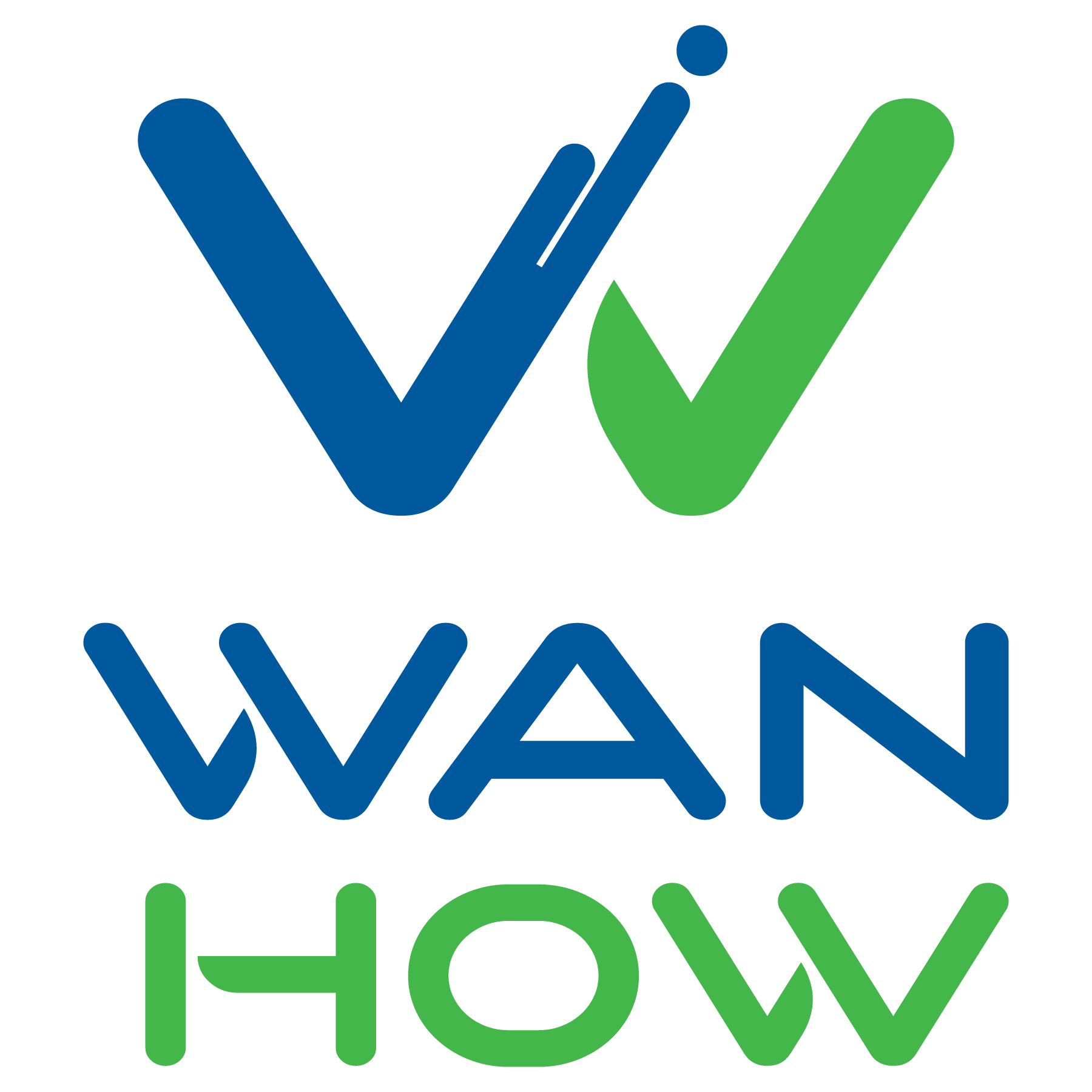
Transitioning to a new industry can be both exhilarating and daunting, especially when you aim to apply your project management skills in a different context. The core principles of project management—such as leadership, communication, and risk management—are universally relevant, but the way they are applied can vary greatly across different sectors. Here’s a comprehensive guide to help you leverage and transfer your project management skills to a new industry.
1. Explore Adjacent Industries
One effective strategy for transitioning your project management skills is to explore adjacent industries. These are industries closely related to your current field, either upstream or downstream. By exploring these adjacent fields, you may find a smoother transition and more opportunities for applying your expertise.
Identify Upstream and Downstream Industries:
- Upstream Industries: These are industries that provide inputs or resources for your current industry. For example, if you’re moving from the automotive industry to the manufacturing sector, exploring upstream industries such as suppliers of raw materials or components might offer relevant opportunities.
- Downstream Industries: These are industries that use the outputs or products of your current industry. For instance, if you’re transitioning from the tech industry to the consumer electronics sector, looking into downstream industries like retail or distribution might reveal valuable insights and opportunities.
Broaden the Definition of Your Current Industry:
- Expand Your Focus: Instead of narrowing your focus to a specific niche within your current industry, broaden your perspective to encompass related fields. For example, if you’re in the restaurant industry, consider the broader food industry, including food production, distribution, and hospitality.
- Cross-Industry Opportunities: Look for cross-industry applications of your skills. For example, project management in the restaurant industry could translate well into roles in food service management or supply chain logistics.
2. Understand the New Industry
Before diving into your new role, it’s crucial to gain a deep understanding of the industry you’re entering. Each industry has its own set of dynamics, including trends, challenges, regulations, and key players. This knowledge will not only help you adapt your project management approach but also position you as a valuable asset in your new role.
Conduct Industry Research:
- Industry Reports: Start with reading industry reports and market analyses to get an overview of the current state and future outlook of the industry. Sources like Gartner, Forrester, and industry-specific publications provide valuable insights.
- Case Studies: Examine case studies that highlight successful and unsuccessful projects within the industry. This can offer lessons on what works and what doesn’t.
- News and Trends: Stay updated with the latest news and trends through industry journals, blogs, and news outlets. Understanding emerging technologies and market shifts can be beneficial.
Network with Industry Professionals:
- Professional Associations: Join industry-specific associations or organizations. They often provide resources, networking opportunities, and professional development events.
- Online Communities: Participate in online forums, LinkedIn groups, or other digital communities related to the industry.
- Informational Interviews: Conduct informational interviews with industry veterans to gain insider knowledge and advice.
Understand Regulatory Requirements:
- Compliance and Regulations: Different industries have different regulatory frameworks. Familiarize yourself with any industry-specific regulations and compliance requirements that may impact project management practices.
- Certifications: Consider obtaining industry-specific certifications if they are relevant to the new field. For example, healthcare project managers might pursue certifications related to health informatics or clinical project management.
3. Identify Transferable Skills
While every industry has its peculiarities, core project management skills are broadly applicable. The key is to identify which of your existing skills are transferable and how they can be adapted to the new context.
Core Transferable Skills Include:
- Leadership and Team Management: Effective leadership and team management are crucial in any industry. Your ability to motivate and guide teams, manage conflicts, and foster a collaborative environment is valuable across different sectors.
- Communication: Strong communication skills are essential for successful project management. This includes writing clear reports, conducting effective meetings, and facilitating stakeholder engagement.
- Risk Management: The ability to identify, assess, and mitigate risks is fundamental to project success. Risk management practices may need adjustment based on industry-specific risk factors, but the core principles remain the same.
- Scheduling and Budgeting: Planning, scheduling, and budgeting are critical components of project management. Familiarize yourself with industry-specific tools and practices to apply these skills effectively.
Practical Steps to Identify Transferable Skills:
- Skill Inventory: Create a comprehensive inventory of your skills and experiences. Map these skills to the requirements of the new industry to identify areas of alignment and gaps.
- Skills Assessment Tools: Utilize online skills assessment tools to evaluate how your skills align with industry requirements.
- Professional Development: Invest in professional development opportunities that focus on bridging any gaps between your existing skills and the needs of the new industry.
4. Adapt Your Approach
Industries often have specific methodologies, tools, and practices that differ from what you may be accustomed to. Adapting your project management approach to fit these industry norms will enhance your effectiveness and integration.
Learn Industry-Specific Tools:
- Project Management Software: Different industries may use different project management software or tools. Research and become proficient with the tools commonly used in the new industry.
- Collaboration Platforms: Understand the preferred collaboration and communication platforms used within the industry, such as Slack, Microsoft Teams, or industry-specific solutions.
Adjust Methodologies:
- Industry Methodologies: Some industries have preferred methodologies for managing projects. For instance, Agile is popular in tech, while Waterfall may be more common in construction. Learn and apply these methodologies as needed.
- Best Practices: Adopt best practices that are recognized within the industry. This might involve adjusting your approach to project planning, execution, and evaluation to align with industry standards.
Seek Industry Mentorship:
- Find a Mentor: Identify a mentor with experience in the industry. They can provide valuable guidance, share insights, and help you navigate industry-specific challenges.
- Mentorship Programs: Explore formal mentorship programs or networks within the industry to find a suitable mentor.
5. Build Industry Knowledge
Developing a solid understanding of the new industry’s key elements is crucial for success. This includes knowing the product lifecycle, customer needs, and competitive landscape.
Enroll in Industry Courses:
- Certifications and Training: Consider enrolling in courses or certifications related to the new field. For example, if transitioning to the pharmaceutical industry, a certification in clinical trials management might be beneficial.
- Online Learning Platforms: Use online learning platforms like Coursera, Udemy, or LinkedIn Learning to access industry-specific courses.
Read Industry Literature:
- Books and Journals: Read books and academic journals that focus on the new industry. This can provide in-depth knowledge and a broader perspective.
- White Papers and Reports: Study white papers and research reports published by industry experts and organizations.
Participate in Industry Groups:
- Forums and Discussion Groups: Engage in online forums and discussion groups to stay updated and connect with other professionals.
- Industry Conferences and Seminars: Attend conferences, seminars, and workshops to gain insights and network with industry experts.
6. Leverage Your Network
Your professional network can be a valuable asset during your transition. Use it to gain insights, advice, and opportunities in the new industry.
Connect with Industry Professionals:
- Networking Events: Attend industry networking events to meet professionals who can provide guidance and potentially introduce you to new opportunities.
- LinkedIn Connections: Leverage LinkedIn to connect with industry professionals and join relevant groups.
Attend Industry Events:
- Conferences and Trade Shows: Participate in industry conferences, trade shows, and expos to learn about industry trends and meet potential collaborators.
- Webinars and Workshops: Join webinars and workshops to stay updated on industry developments and best practices.
Join Professional Associations:
- Membership Benefits: Become a member of industry associations to access resources, professional development opportunities, and networking events.
- Active Participation: Engage actively in association activities to build relationships and enhance your industry knowledge.
7. Emphasize Your Unique Value
Highlighting your unique value proposition is key to demonstrating how your project management skills can contribute to the new industry. Showcase how your background and expertise can address industry-specific challenges and drive success.
Presenting Case Studies:
- Showcase Past Successes: Share examples of successful projects you’ve managed in your previous roles. Focus on how your skills and approach led to positive outcomes.
- Quantify Achievements: Provide quantitative data, such as cost savings, efficiency improvements, or project timelines, to illustrate the impact of your work.
Offering Innovative Solutions:
- Propose Improvements: Based on your industry research and understanding, propose innovative solutions or improvements that could benefit the new industry.
- Leverage Best Practices: Apply best practices from your previous experiences to address challenges and enhance project outcomes in the new industry.
Demonstrating Industry Knowledge:
- Show Investment in Learning: Demonstrate that you’ve invested time in learning about the new industry and its specific needs.
- Align Skills with Industry Needs: Clearly articulate how your skills align with industry requirements and how you can address its unique challenges.
8. Adapt and Reflect
As you transition into the new industry, it’s important to continuously assess and adapt your approach. This iterative process will help you refine your strategies and ensure you’re effectively managing projects in the new context.
Seek Feedback:
- From Colleagues and Stakeholders: Regularly seek feedback from colleagues, stakeholders, and mentors to identify areas for improvement and adjust your approach as needed.
- Performance Reviews: Use performance reviews and evaluations to gauge your effectiveness and make necessary adjustments.
Review Project Outcomes:
- Analyze Results: Conduct post-project reviews to analyze outcomes and identify lessons learned. This will help you continuously improve your approach and adapt to the new industry’s specific requirements.
By exploring adjacent industries, understanding the new field, identifying transferable skills, adapting your approach, building industry knowledge, leveraging your network, emphasizing your unique value, and continuously adapting, you can effectively transition your project management skills to a new industry and achieve success.
Related Post: Top 10 Must-Have Resources for Every Successful Project Manager
